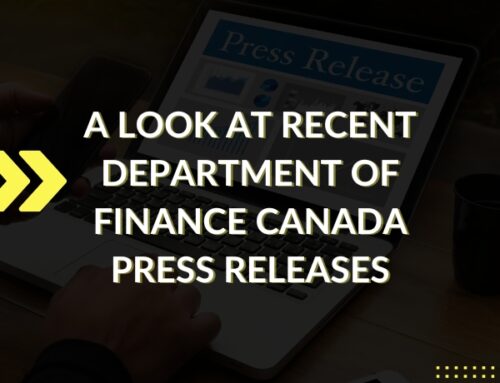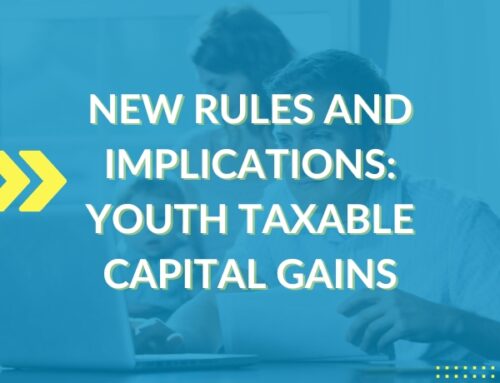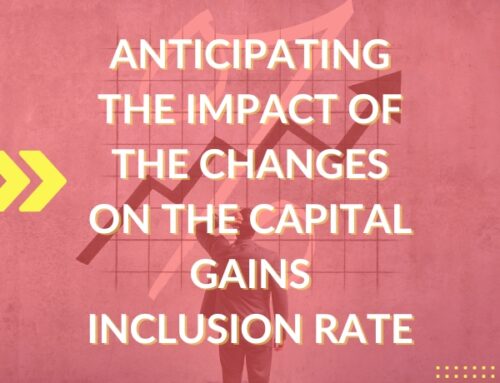— September 30, 2025 —
The Department of Finance recently released draft legislation that would significantly change the filing obligations of Canadian not-for-profit organizations (NPOs). If enacted, these rules will apply for fiscal years beginning on or after January 1, 2026.
This update is relevant for a wide audience: directors of volunteer boards, finance committee members, and professional advisors alike. It is important to remember that “not-for-profit organization” is a broad category under the Income Tax Act. Registered charities are also not-for-profits, but not all not-for-profits are charities. Examples include community associations, professional societies, sports clubs, and trade organizations.
Current Filing Requirements
At present, an NPO that is exempt from income tax must file an annual T1044 – Non-Profit Organization (NPO) Information Return if it meets any of the following thresholds:
- It earned more than $10,000 of passive income (dividends, interest, rents, or royalties) during the year;
- Its total assets exceeded $200,000 at the end of the prior fiscal period; or
- It was required to file a T1044 in a prior year.
Many smaller organizations have avoided filing because they did not cross these thresholds.
What Will Change in 2026?
Two significant updates are proposed:
- Expanded T1044 filing based on gross receipts
- Any NPO that receives more than $50,000 in gross receipts during the year will need to file a T1044, even if it has no investment income or large asset base.
- “Gross receipts” is not formally defined in the legislation but is expected to capture all amounts received by the organization, including funding, membership fees, grants, donations, investment income, rental revenue, and proceeds from the sale of capital assets.
- Introduction of a short-form information return
- For the first time, organizations that do not meet the T1044 filing triggers will still have a filing obligation.
- The proposed short-form return would require basic prescribed information such as:
- A description of the organization;
- Total assets and liabilities;
- Total amounts received during the period; and
- Names and addresses of directors, officers, or trustees.
- In practice, this means that virtually all not-for-profits, regardless of size, will be required to file some type of return starting with fiscal years beginning in 2026.
Why Does This Matter?
The federal government has expressed concern that the existing rules leave gaps in transparency, particularly for smaller organizations. These amendments aim to give the Canada Revenue Agency more consistent reporting across the sector.
For boards and management, this change introduces new compliance responsibilities. Even the smallest volunteer-run association that currently has no filing obligation will need to file either a short-form or a full T1044.
What Should CPAs in Public Practice Do?
With these changes on the horizon, CPAs who serve not-for-profit clients should take proactive steps now:
- Review Client Portfolios for Exposure
Identify which NPO clients are likely to exceed the $50,000 gross receipts threshold. Even organizations that historically avoided filing may now be drawn into compliance. - Strengthen Bookkeeping and Record-Keeping Practices
Help clients formalize their processes for capturing revenue, membership dues, grants, and other receipts. Ensure governance documents and director/officer records are up to date. - Educate Boards and Management Early
Many directors are volunteers who may be unaware of the proposed changes. CPAs can add value by delivering a briefing at the next board meeting, preparing a plain-language memo, or setting up a compliance review before 2026.
Timing
These amendments are still before Parliament and subject to change. If passed, they will apply to fiscal years beginning on or after January 1, 2026. Organizations with a December 31 year-end will first encounter these rules for the year ending December 31, 2026.
Key Takeaway
The landscape for Canadian not-for-profits is about to shift with respect to CRA filing obligations for small not-for-profits. What was once a filing requirement only for larger organizations will soon apply across the board. Directors and professional advisors should take the time now to understand the proposed rules, strengthen financial reporting practices, and prepare for an environment where every not-for-profit organization files something with the CRA each year.
For more insights like this, and access to courses that address emerging issues in public practice, check out our full course schedule here.
Disclaimer: This article is provided for general information only and does not constitute tax or legal advice. Organizations should consult their professional advisors regarding their specific circumstances.






